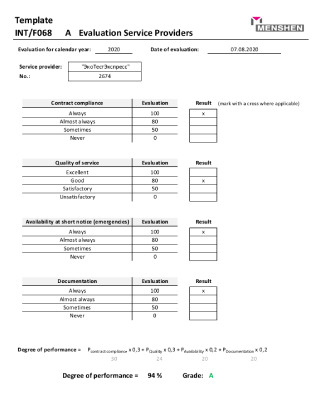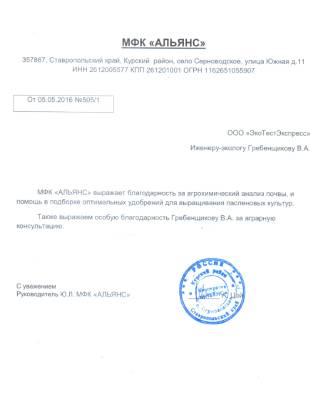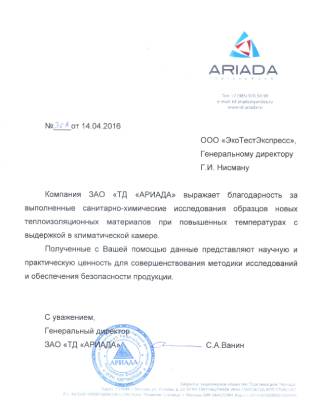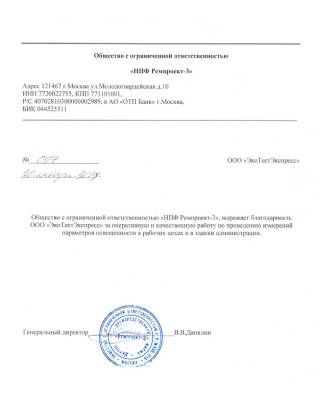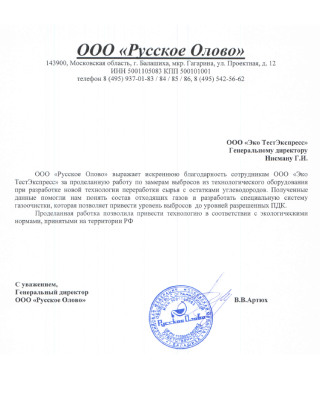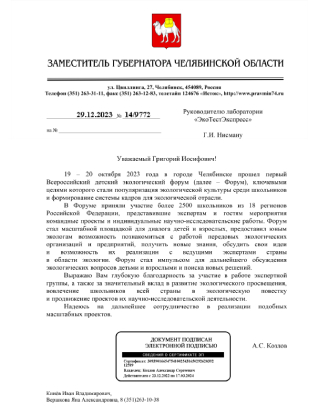
Betting with Facial Recognition: The Future of Gambling Technology
The growing trend of Betting with Facial Recognition Sky exchange bet is indicative of the progressive changes in the betting industry, and the advent of facial recognition technology is set to revolutionize it further. As online betting becomes increasingly popular, bookmakers are constantly on the lookout for innovative ways to enhance user experience, improve security, and maximize profits. Facial recognition technology, which allows for the identification of individuals through their facial features, is among the most advanced and promising tools that the industry can leverage. In this article, we will delve into how facial recognition is being integrated into betting platforms, its benefits, associated challenges, and the potential future it holds for gamblers and operators alike.
The Emergence of Facial Recognition in Betting
Facial recognition technology has gained momentum in various sectors, and the gambling industry is no exception. Its application in betting primarily concerns identification and authentication. Gamblers can seamlessly verify their identities without the need for cumbersome verification processes that typically involve document checks and lengthy wait times.
Many betting platforms now leverage facial recognition to quickly authenticate account holders. For instance, when a user logs into their online betting account, they may activate a facial recognition feature that scans their face against a database of registered images. If the image matches, the user gains instant access to their account, significantly improving user experience and efficiency in operations.
Benefits of Facial Recognition for Betting Platforms
The integration of facial recognition technology into betting systems comes with numerous advantages:
- Enhanced Security: Facial recognition minimizes the risk of identity theft and fraud, ensuring that only verified individuals can place bets and access funds.
- Time Efficiency: Users do not need to undergo lengthy verification processes, allowing for quicker access to betting services and a more streamlined experience overall.
- Personalization: By accurately identifying users, betting platforms can offer personalized betting experiences, recommendations, and promotions based on user behavior and preferences.
- Compliance and Verification: Many jurisdictions require strict age verification processes for gamblers. Facial recognition can simplify this process while helping platforms remain compliant with local laws.

Challenges in Implementing Facial Recognition
Despite its advantages, the use of facial recognition technology in betting is not without challenges. Some major concerns include:
- Privacy Concerns: The storage and use of biometric data raise significant privacy issues. Users are becoming more aware and cautious about how their data is being used and stored.
- Inaccuracy and Bias: Facial recognition systems can exhibit biases, potentially leading to false positives or negatives. This could significantly impact the user experience and trust in the technology.
- Regulatory Compliance: Different jurisdictions have varying laws regarding data protection and surveillance. Betting platforms need to navigate these laws carefully to ensure compliance.
Future Implications of Facial Recognition in Betting
The future of betting with facial recognition technology is promising. As developers enhance algorithms and improve databases, the accuracy and reliability of facial recognition are expected to increase. This improvement will likely foster wider adoption across the industry.
Moreover, with advancements in artificial intelligence and machine learning, facial recognition can evolve to provide even richer data analytics. This can empower betting companies to better understand user behavior, enabling proactive measures to enhance user engagement and retention.
In the long run, facial recognition could pave the way for a more immersive betting experience, merging virtual reality (VR) and augmented reality (AR) technologies. Imagine a VR betting environment where users can be visually recognized and interact with others in real-time—a truly revolutionary experience.
Conclusion
In conclusion, facial recognition technology offers transformative possibilities for the betting industry. As platforms continue to embrace this technology, it is crucial for operators to remain vigilant about ethical considerations, privacy concerns, and regulatory compliance. By doing so, they can harness the full potential of facial recognition to enhance user experience, improve security, and stay ahead in a competitive market. The integration of facial recognition in betting is not merely a technological upgrade; it represents a shift towards a more personalized, efficient, and secure gambling landscape. As we forecast the future, it’s clear that the convergence of betting and facial recognition technology is an exciting frontier worth watching.











